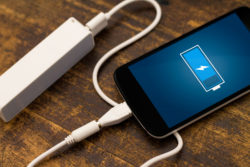 Consumers who recently purchased portable chargers may find that their devices, used to personal electronic devices, provide less power than advertised. At least five companies who manufacture transportable battery banks for charging personal electronic devices are currently being investigated for possible false advertising, many of these have been demonstrated to store far less power than advertising claims.
Consumers who recently purchased portable chargers may find that their devices, used to personal electronic devices, provide less power than advertised. At least five companies who manufacture transportable battery banks for charging personal electronic devices are currently being investigated for possible false advertising, many of these have been demonstrated to store far less power than advertising claims.
What Are Portable Chargers?
For the uninitiated, a portable charger – also known as a portable battery pack, power battery bank and transportable charger – is a small device that allows the user to recharge cell phones and tablet computers while away from a source of electricity. Such chargers are typically available through online retail outlets and electronics stores.
The device’s storage capability is typically measured in milliamp hours (mAh). Thus, a transportable charger that is advertised as 2000mAh at full capacity should be able to provide 2 amperes of electrical energy for 10 hours, or 1 ampere for 20 hours.
These devices are generally priced between $12 and $60, depending on capacity. A high-end power bank rated at 26800mAh has been advertised as being able to charge a cell phone more than six times before needing to be plugged into a wall socket.
Charger Problems
On his blog, Google software engineer Ken Shirriff notes that there is virtually no way to tell a high-quality portable charger from a poor one simply by looking at it. One that is poorly designed may not work at all, or can actually damage delicate electronics. Some of these devices actually may pose safety hazards.
Recently, an NBC affiliate in Cuba City, Wis, reported a story about a portable charger that caused a fire. The lithium batteries used in portable chargers have also been known to explode. However, such incidents are rare, and are often due to overheating or using the wrong charger for a specific device. Barnes & Noble has faced allegations that chargers for its Nook reader fall apart.
False Claims?
Of more immediate concern are transportable battery banks and chargers that fail to live up to their claims. A number of brands that were tested under laboratory conditions were found to provide less power than advertised on the packaging, which is the only information available to most consumers when they make their purchase decisions.
It is believed that manufacturers may be purposely overstating the power storage capacity of their products. At least one manufacturer of portable charging devices is currently being investigated in anticipation of a class action lawsuit. Others may soon follow.
Which Brands Are Suspect?
Consumer advocates are looking into the practices of these manufacturers of portable charging devices:
- Belkin
- EC
- Insignia
- Mophie
- PNY
- PocketJuice
Owners of portable chargers sold under any of these brands may qualify to participate in this free class action lawsuit investigation.
Join a Free Power Bank Portable Charger Class Action Lawsuit Investigation
If you purchased one of these brands of portable chargers, you may qualify to file or join a power bank portable charger class action lawsuit.
ATTORNEY ADVERTISING
Top Class Actions is a Proud Member of the American Bar Association
LEGAL INFORMATION IS NOT LEGAL ADVICE
Top Class Actions Legal Statement
©2008 – 2026 Top Class Actions® LLC
Various Trademarks held by their respective owners
This website is not intended for viewing or usage by European Union citizens.





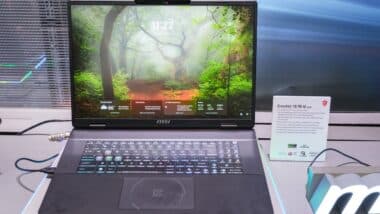

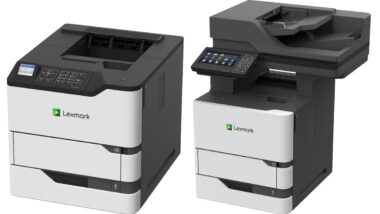
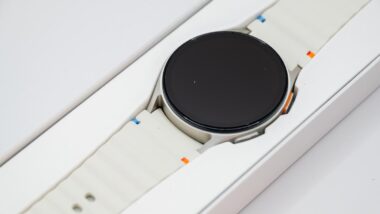
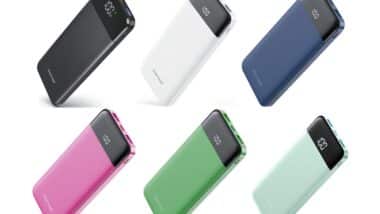
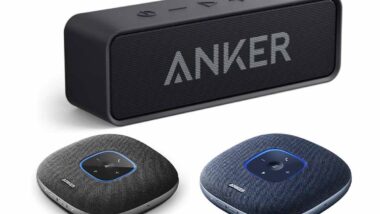

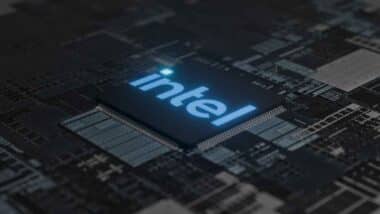


99 thoughts onAds For Portable Chargers May Be Overstating Product Capabilities
Add me please
I have a pocket juice and a belkin pack. Add me
Add me
Add me
Please add me